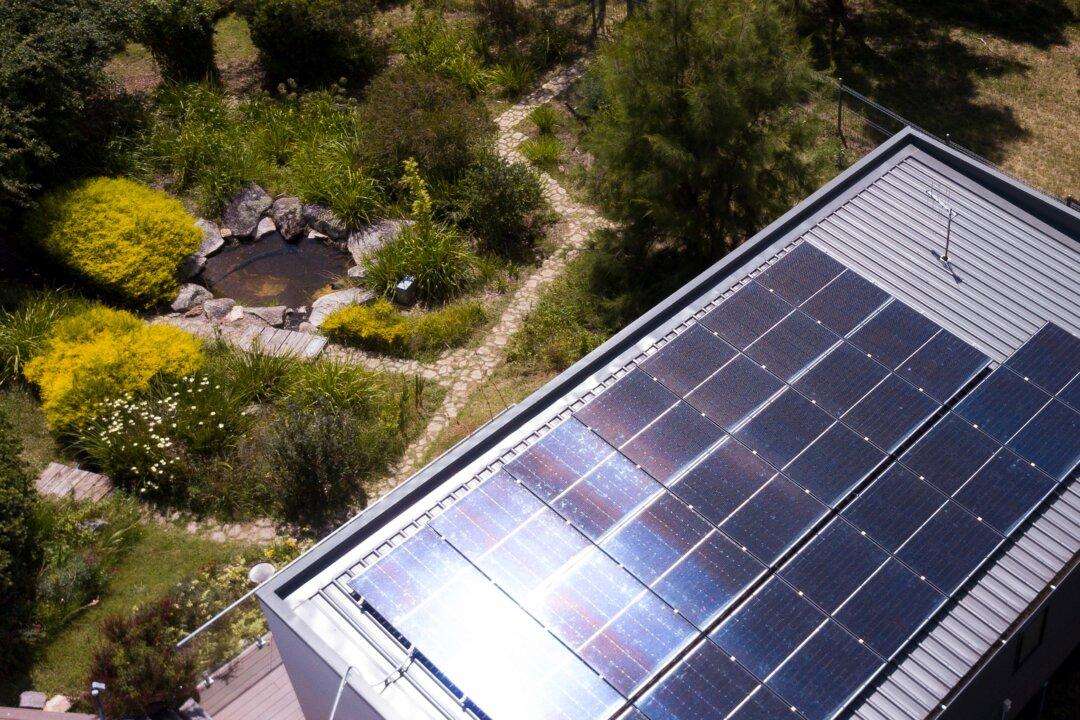The Albanese Labor government has introduced a new bill to incentivise hydrogen and critical minerals development in Australia.
The Future Made in Australia (Production Tax Credit and Other Measures) Bill includes a Hydrogen Production Tax Incentive worth $2 for every kilogram of hydrogen produced between 2027–28 and 2039–40, applicable for up to 10 years per project.





